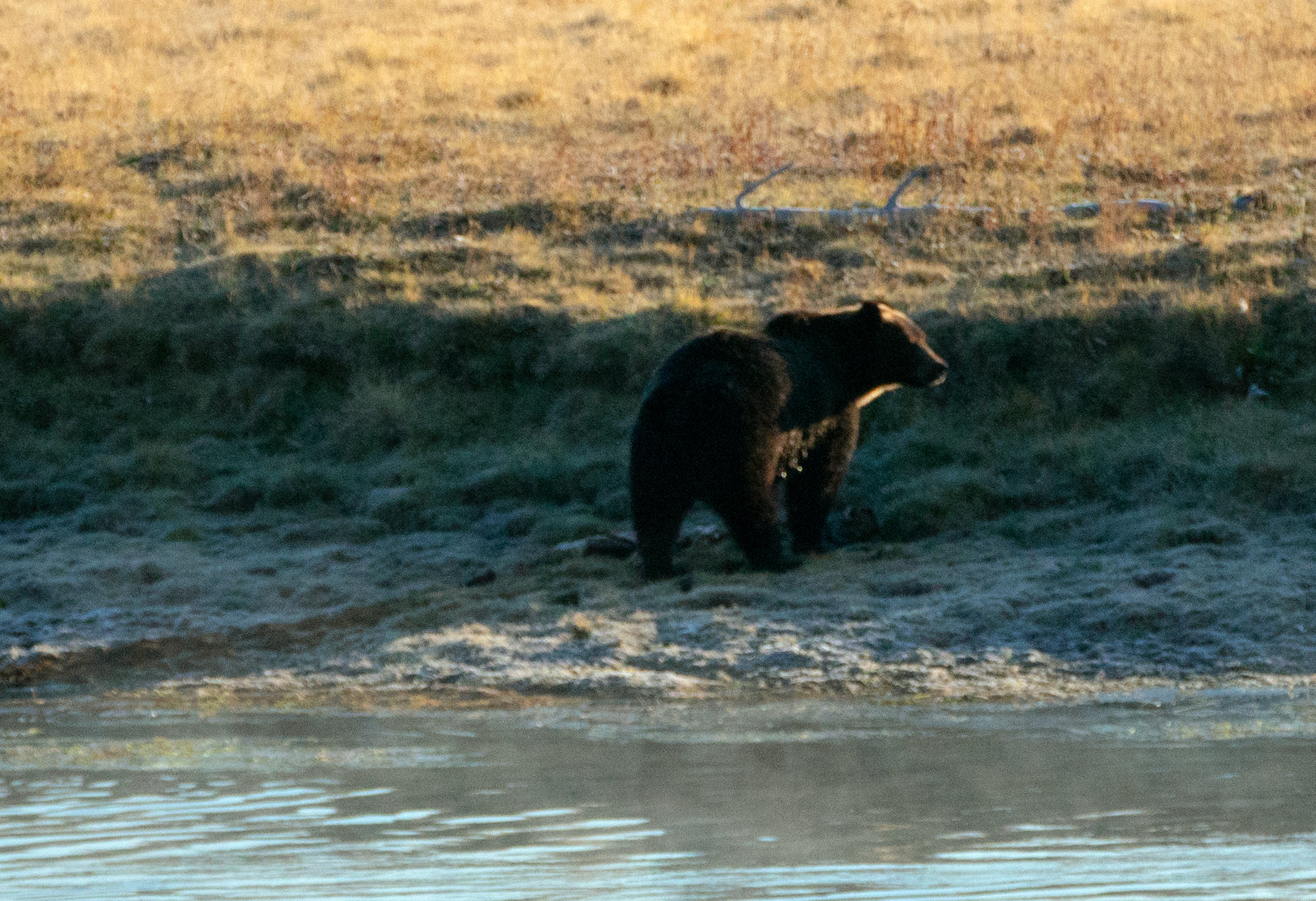Grizzly bear found beheaded and declawed in Yellowstone
Grizzly bears around Yellowstone are federally protected under the Endangered Species Act

Your support helps us to tell the story
From reproductive rights to climate change to Big Tech, The Independent is on the ground when the story is developing. Whether it's investigating the financials of Elon Musk's pro-Trump PAC or producing our latest documentary, 'The A Word', which shines a light on the American women fighting for reproductive rights, we know how important it is to parse out the facts from the messaging.
At such a critical moment in US history, we need reporters on the ground. Your donation allows us to keep sending journalists to speak to both sides of the story.
The Independent is trusted by Americans across the entire political spectrum. And unlike many other quality news outlets, we choose not to lock Americans out of our reporting and analysis with paywalls. We believe quality journalism should be available to everyone, paid for by those who can afford it.
Your support makes all the difference.State and federal wildlife officials have launched an investigation after a grizzly bear was found decapitated and declawed in Gardiner, Montana.
The 25-year-old male bear lived in the Yellowstone National Park. Montana Fish, Wildlife and Parks officials found the animal washed up on the shore of the Yellowstone River on 10 June, and planned to remove the remains the next morning.
But when the officials went there the next day, they found that the bear’s head and claws had been removed overnight, reports said.
An investigation has now been launched to find those responsible for decapitating and declawing the bear.
Grizzly bears within the Greater Yellowstone Ecosystem are protected under the Endangered Species Act. The US Fish and Wildlife Service says it’s illegal to harm, harass, or kill these bears, except in cases of self defence or the defence of others.
Experts also say that removing the bear’s parts is a violation of the Endangered Species Act.
Kevin Frey, senior grizzly specialist with Montana Fish Wildlife and Parks, told Mountain Journal: “I understand the desire someone might have to take the head and claws as souvenirs, but what they did—whether they realise it or not— is a serious matter and it’s against the law.”
It’s not yet known how the bear washed ashore last month, but Mr Frey said it’s possible the bear may have drowned.
He told USA Today that bears “get old and arthritic and sore,” and while he’s not sure if this one was, but “bottom line is that they're not at their prime athletic age anymore and they could succumb to high water.”
In April this year, a man died after being attacked by a grizzly bear near Yellowstone National Park. Charles Mock was fishing in a forested area near Madison River when the attack happened. Officials said at the time that the bear was possibly trying to protect its food when it saw Mr Mock.
Join our commenting forum
Join thought-provoking conversations, follow other Independent readers and see their replies
Comments